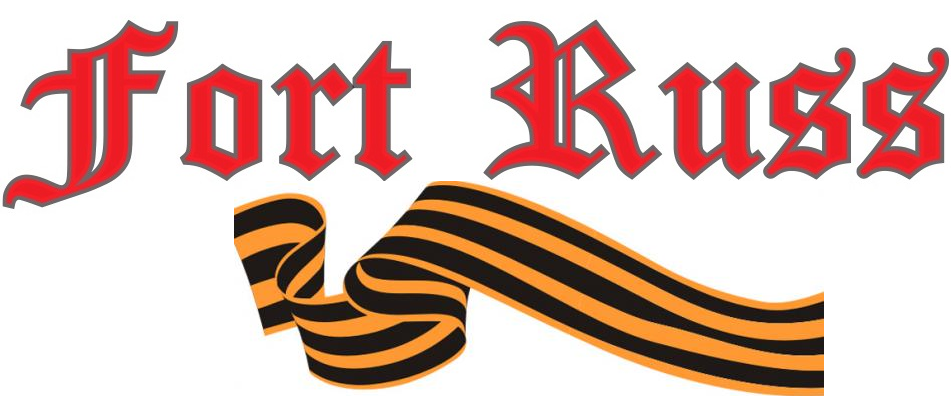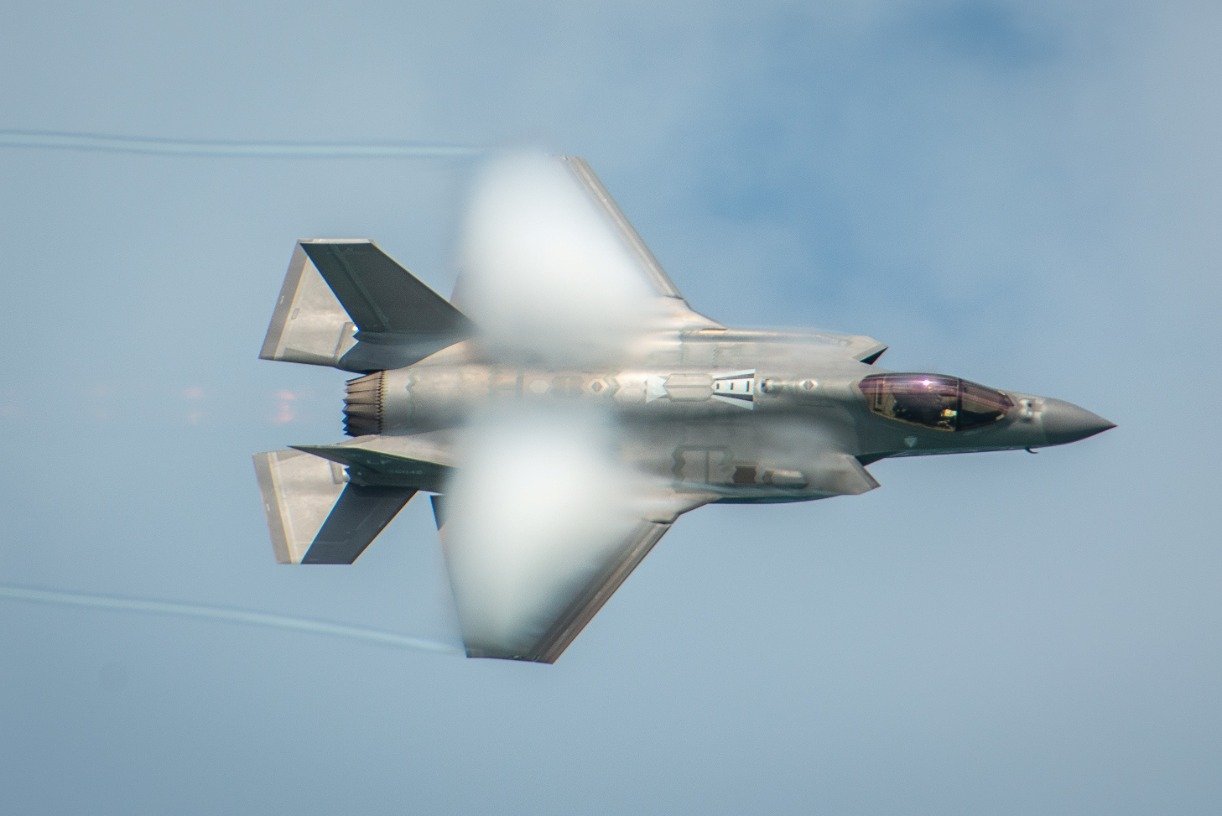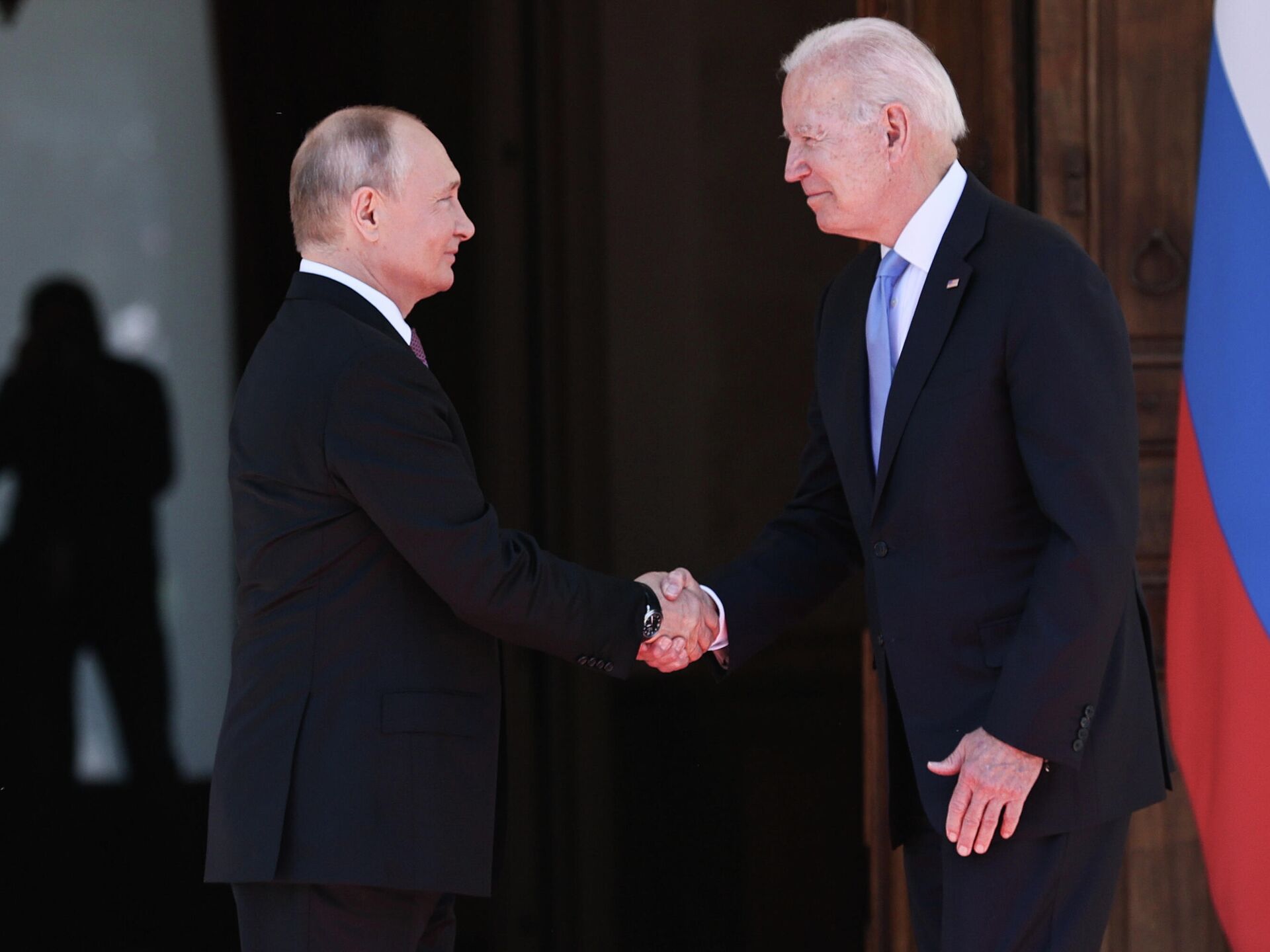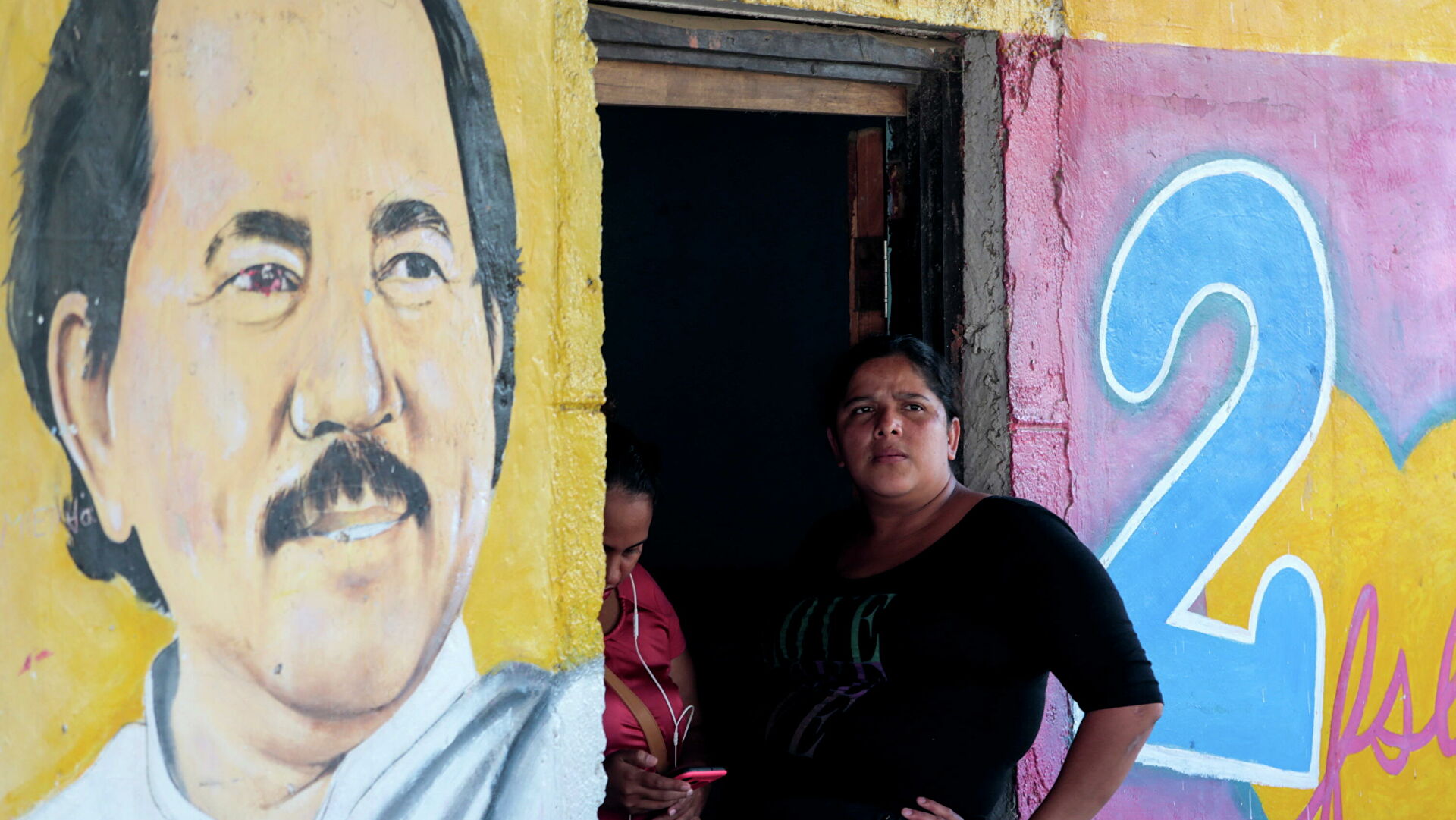
Published 8-11-2015, 08:00
 KUALA LUMPUR: JUST 48 hours before the release of the official report into the downing of Malaysia Airlines Flight MH17 on July 17, last year, it has emerged that the Russians are far from satisfied with the conduct of the investigations by the Dutch Safety Board (DSB).
KUALA LUMPUR: JUST 48 hours before the release of the official report into the downing of Malaysia Airlines Flight MH17 on July 17, last year, it has emerged that the Russians are far from satisfied with the conduct of the investigations by the Dutch Safety Board (DSB).Published October 11, 2015
New Straits Times (Malaysia)
Russians angered by Dutch probe
BY HARIS HUSSAIN
KUALA LUMPUR: JUST 48 hours before the release of the official report into the downing of Malaysia Airlines Flight MH17 on July 17, last year, it has emerged that the Russians are far from satisfied with the conduct of the investigations by the Dutch Safety Board (DSB).
In a scathing letter to the International Civil Aviation Organisation (ICAO), Oleg Storchevoy, Russia’s deputy director of the Federal Air Transport Agency and accredited representative in the international investigation team into the MH17 tragedy, accused the DSB of ignoring "comprehensive information” relating to the investigation provided by the Russian side.
The letter, addressed to ICAO president Dr Olumuyiwa Benard Aliu, was received by the agency on Sept 16.
One of Russia’s biggest concerns centred on the DSB’s approach to the probe, which Storchevoy claimed violated one of the basic principles of air accident investigations, known as the principle of sequence of conclusions.
In the letter, Storchevoy said that instead of studying the nature of the damage to the aircraft’s front fuselage and then arriving at a logical and final conclusion, the DSB sets, from the get go, to prove that the aircraft was destroyed by a BUK missile, launched from a location given right after the incident.
"This is before any research into the characteristics of the warhead which brought down the plane was done. Basic data and methods of identifying where the missile was fired from were also not explained by the DSB.”
The letter also stated that during two separate meetings with the DSB, detailed information on the 9M38 and 9M38M1 surface-to-air missile systems was provided to the probe team by the designer and manufacturer of the BUK SA-11, JSC Almaz-Antey Corporation. These included technical specs, flight and ballistics characteristics, launch parameters, algorithms governing the detonator and characteristics of the warhead. The DSB was also given the results of a warhead detonation test under controlled conditions to determine shrapnel dispersal patterns and what fragments of the missile could have impacted the fuselage.
"All these detailed calculations were ignored by the DSB. As a result, the DSB arrived at conclusions that contradict common sense and are not consistent with the design of this weapons system,” Storchevoy wrote, adding that there were additional discrepancies with regards to the metallurgical properties of the missile and size of the warhead.
"According to the (DSB) calculations, the weight of the warhead was no more than 33kg, and the main warhead was equipped with between 3,000 and 4,000 ‘pre-formed fragments’ (flechettes) that weighed around 3g each. These do not correspond with the BUK at all.”
He added that Russia’s insistence that the flechettes and shrapnel allegedly found at the impact site — their weight, shape, sizes and material type — be identified, tagged and bagged, was ignored.
"They were submitted half a year later, after the investigation began. As a result, a year after the accident, there is no proof to connect the pre-formed fragments with missiles of any type.
"Taking the abovementioned into consideration, there is no proof that this aircraft was destroyed by the BUK rocket.”
The Dutch-led investigation is operated in accordance with the standards and recommended practices under ICAO’s Annex 13. The state of occurrence (Ukraine) delegated the investigation to the DSB.
In July, Russia vetoed a United Nations resolution to create an international tribunal to prosecute those who shot down MH17. The lone "no” vote was cast by Russian ambassador to the UN, Vitaly Churkin. Russia is one of five permanent UN Security Council members with veto powers.
Following the vote, Churkin accused other countries of politicising the vote and said Ukraine was blocking Moscow from being involved in the investigation. Ukraine and many Western countries had accused pro-Russian rebels in east Ukraine of shooting down the Boeing 777 with 298 passengers on board with a Russian-made BUK SA-11 missile. Moscow vehemently denies the charges.
The resolution was drafted by Australia, Belgium, Malaysia, the Netherlands and Ukraine. Malaysia had pushed for an international tribunal to try those responsible for the atrocity. Eleven of the 15 members of the council voted in favour; China, Venezuela and Angola abstained.
Just an hour before the Malaysia-backed resolution was put to a vote, Russian President Vladimir Putin said he opposed the plan. Russia had said that setting up a tribunal before the investigations were complete would risk further politicising the incident. Putin also regretted that Russia’s own draft resolution, which demanded justice for the victims but does not establish a tribunal, did not win the UN Security Council’s backing.




_jpg/250px-ElbeDay1945_(NARA_ww2-121).jpg)









